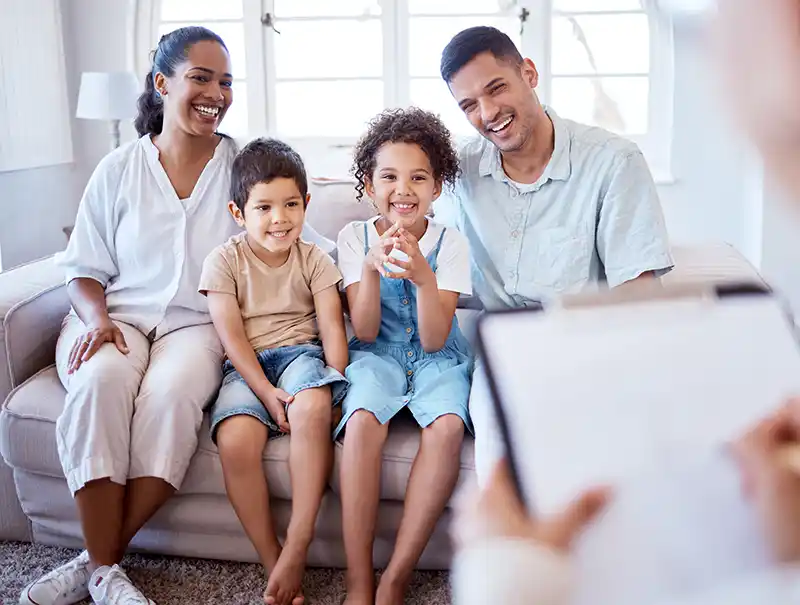Services
Free 15-minute Telephone Consultation
This is your opportunity to introduce yourself and talk briefly about your reasons for seeking therapy. During this time, you’ll also be able to ask me questions about how therapy might work, what kind of approach I might take, whether I think I can help you, how long it might take, what qualifications and experience I have, and so on. In this way, we can both find out if I’m a good fit for you and we can begin to think about scheduling you for your first (intake) appointment.

Individual Therapy
In one-to-one therapy, you’ll meet with me for 50-minute sessions to explore aspects of your life that you’d like to be different. We will start with an assessment, during which I find out about you, your past and present life, and – most importantly – your goals for therapy. Periodically, we’ll check in with these goals and decide if we’re making progress towards them. Your goals may change along the way, and we can change the focus of our work accordingly.
Read More
You may be struggling with the symptoms of a mental health condition such as depression, anxiety, personality disorder or bi-polar disorder. You may be experiencing a significant life event (the death of a loved one, difficulties at work, relationship problems, a physical health problem). You may have noticed that some of the things you think, say or do are having a negative impact on your life or the lives of those around you. In any case, individual therapy provides you with a safe space to talk about these things and – with my help – to find solutions, new ways of doing things, and/or new ways of thinking about your life. Therapy can help you work towards living your best life.
Couples Therapy
In couples therapy, your relationship becomes my client. You and your significant other will come and see me together, and we will collaboratively identify what is happening within your relationship and how you’d like it to be different (your goals for therapy). It is common for couples to seek therapy to address issues to do with communication; problems with emotional and/or physical intimacy; arguments and anger; or a very real sense that the relationship is in trouble.
Read More
Typically, we will identify your common enemy: the interactional patterns between the two of you. With my help, you’ll begin to see and understand these dynamic patterns that occur in your relationship, and you’ll team up against negative interactions rather than fighting against each other. We will target dysfunctional emotions, thoughts and behaviors and both of you will make changes as a result. Sometimes even very small changes in one person’s behavior can lead to profound changes in the overall dynamic of your relationship. Therapy will create a safe space in which listening and understanding can take place, and will help both of you to slow down, learning to respond rather than react to situations. Talking can help you dive deeper into your inner experiences helping you to understand more about your underlying feelings and needs. Listening when your partner is talking can help you develop greater understanding for them and what they are going through, building empathy and compassion that may otherwise be blocked by the negative interaction cycles and arguments that you keep having.


Family Therapy
If you’re experiencing challenges in your relationship with your relatives (parents, siblings, children or other relationships) you may want to explore these with a therapist. In family therapy, I meet with several family members at a time to explore what is going on within the family system and how this is impacting on each individual within the system. Sessions are usually 50 minutes and everyone in the family (according to your definition of “family”) is invited. Occasionally, I may suggest meeting with individuals or sub-groups (e.g. parents) by themselves if I believe there’s a good reason for doing so.
Read More
Family therapy can help family members build healthier relationships, improve communication, and manage conflicts within the family. In this way, real change can happen that may lead to a better home environment, improved understanding of each other’s perspectives, and solutions to the family’s issues.